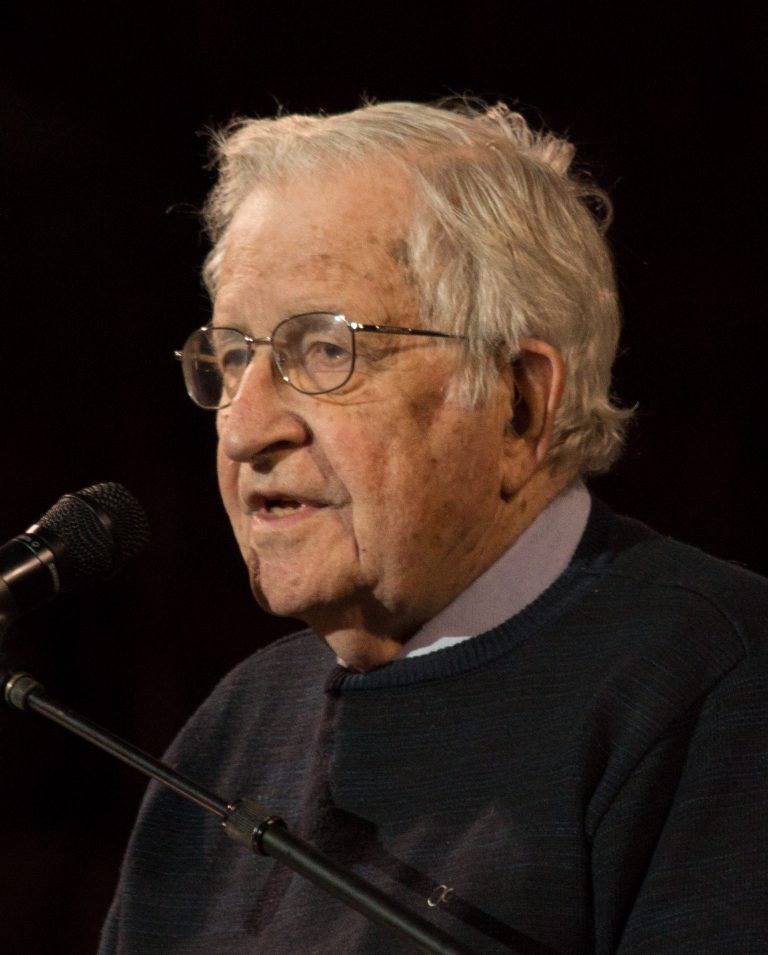

It reached Cuba, with people expecting to be admitted to the United States from there. And there were famous incidents like with the MS Saint Louis, which brought a lot of immigrants, mostly Jewish, from Europe. And that was the reason why very few people fleeing the rise of fascism in Europe, especially in Germany, could get to the United States. Right after that, the anti-immigration law was passed that remained in place until the 1960s. It was right after Woodrow Wilson’s first serious post-World War I repression, which deported thousands of people, effectively destroyed unions and independent press, and so on.

But that ended in 1924 with an immigration law that was largely directed against Jews and Italians.Ĭhomsky: Well, sort of-in the background. Before that, there was an Oriental Exclusion Act, but other than that, European immigrants like my parents were generally admitted in the early years of the twentieth century. In 1924 the first major immigration law was passed. There was also a national policy, which as a child I didn’t know anything about.

You didn’t have to say “no blacks,” which was something people took for granted. So, for example, when my father was able to buy a secondhand car in the late 1930s, and he took us to the countryside for a weekend, if we looked for a motel to stay in we had to see if it said “restricted” on it. It wasn’t like Nazi Germany but it was pretty serious-it was part of life. Noam Chomsky: When I was growing up in the 1930s and ’40s anti-Semitism was rampant. What memories do you have of those times when you were a Jewish teenager? And after the war, Jews faced serious and absurd obstacles in migrating as refugees while many Nazis were granted visas (through Mexico) to help develop NASA programs. Henry Ford (awarded the Grand Cross of the German Eagle by the Nazi Government), General Motors, Alcoa, and Texaco are just a few examples of supportive U.S. Jorge Majfud: Before World War II, anti-Semitism and Nazism were much more common in the United States than Americans are willing to accept today. Rescuing Memory: the Humanist Interview with Noam Chomsky Noam Chomsky interviewed by Jorge Majfud The Humanist, June 28, 2016


 0 kommentar(er)
0 kommentar(er)
